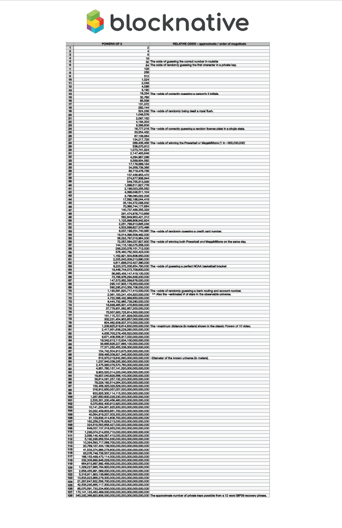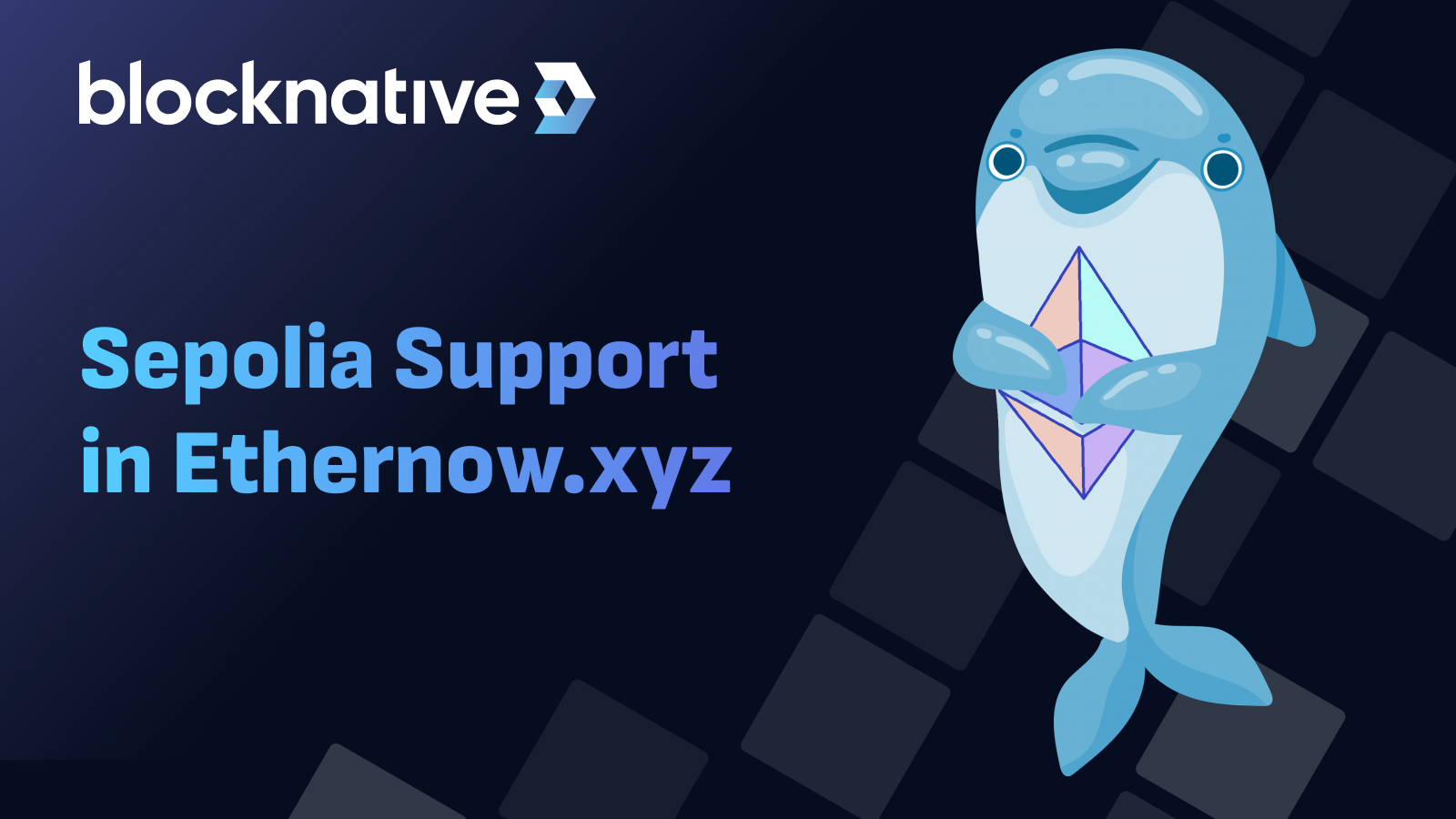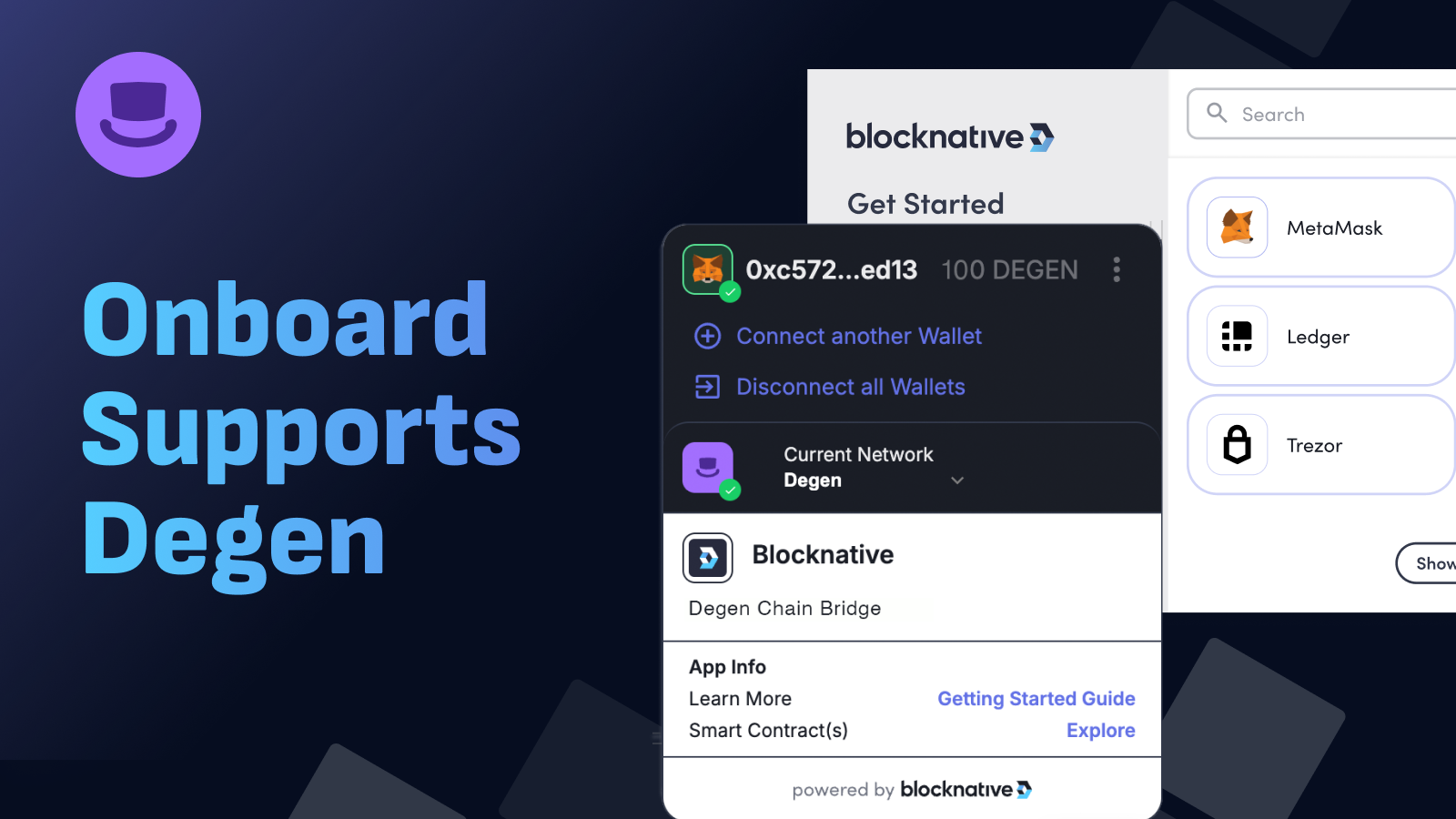What if I told you that you could control a crypto account with hundreds of millions of dollars in value just by guessing a single number?
Well, it turns out that you can. Because in the world of blockchain, private keys determine ownership. And, as we explored in our last post, you can hold every private key in the palm of your hand. So how hard can it be to guess… right?
For the most part, the crypto-curious react with a combination of surprise and intrigue. Typically the first question is something along the lines of: "If it were really that easy... wouldn't someone else have already done it!?!!"
To answer this question, we need to dive into the relative odds of guessing a 256-bit private key.
The greatest shortcoming of the human race is our inability to understand the exponential function. — Albert Allen Bartlett
In the Beyond Chainsplaining series, we explore metaphors and stories you can use to help explain blockchain. Inspired by Michael Kerbleski's excellent Guess My Bitcoin Private – A Dance with Infinity post, we created a new tool to help you to explain just how hard it is to guess a private key: every power of 2 from 1 to 256 on a single sheet of (double-sided!) A3 11x17 paper.

On this template, we’ve marked both the power of 2 and some of the corresponding approximate odds, including :
- 21 — 1 in 2, or the odds of guessing a coin toss.
- 25 — 1 in 32, or the odds of guessing the correct number in roulette.
- 228 — The approximate odds of winning the Powerball or MegaMillions.
When discussing this, people generally acknowledge that while winning the lottery is highly improbable, it is objectively not impossible. After all, people win large lotteries on a regular basis.
- 256 — The approximate odds of winning both the Powerball or MegaMillions in the same week.
Here the conversation veers into a contemplation of the impossible. While people might win a single lottery, nobody has ever won both of the largest lotteries in the same week. However, it still seems possible that it might happen. So let's keep going.
- 263 — The number of possible NCAA basketball brackets.
- 270 — The estimated number of stars in the observable universe.
- 2166 — The approximate number of atoms on Earth.
About now is when folks start to throw up their hands and acknowledge we're in the realm of the impossible. After all, your current surroundings contain an unfathomable number of atoms... let alone the entire Earth.
- 2227 — The approximate number of ways to shuffle a standard deck of 52 cards.
Yeah, this one surprised us too, but it turns out there are more ways to shuffle a deck of cards than there are atoms on Earth.
- 2231 — The approximate number of atoms in the Milky Way galaxy.
- 2256 — The number of possible 256-bit private keys.
You can decide for yourself at what point the scale veers from the merely improbable to the effectively impossible. But when your closest point of comparison is the number of atoms in a galaxy... let's just say that even the crypto-skeptics understand that the hundreds of millions of dollars in value in that single crypto account are not really at risk of having the private key be randomly guessed.
The scale that we are dealing with beyond the general range of human cognition. As it turns out, research has consistently shown that humans have a very hard time understanding big numbers. I've found that it all becomes more approachable when I anchor the relative odds in terms that people can understand.
Want to download the powers of 2 from 1 to 256? Enter your email below to get the PDF (and every other downloadable Chainsplaining template we've published so far) as well as join our newsletter:
If you’re already a member of our Discord community, you can find the PDF in our #downloads channel.
As always, let me know your thoughts about how best to introduce complex and often mind-bending blockchain concepts to the crypto-curious. You can tweet me @mcutler.
Observe Ethereum
Blocknative's proven & powerful enterprise-grade infrastructure makes it easy for builders and traders to work with mempool data.
Visit ethernow.xyz



